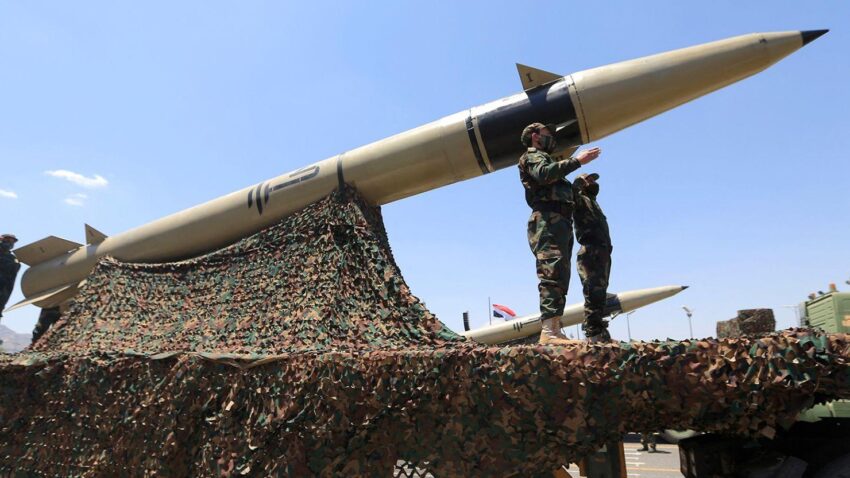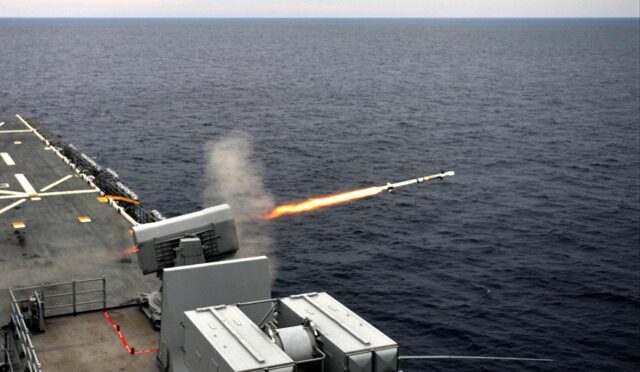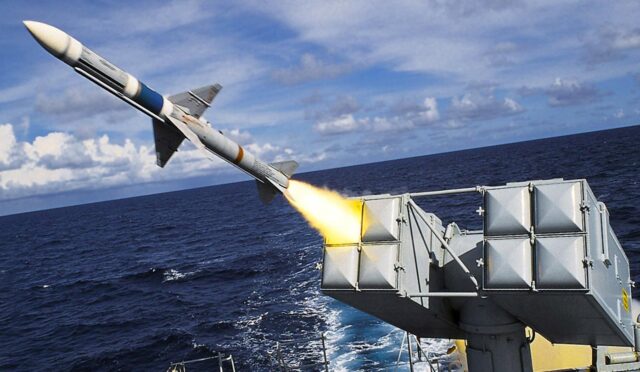Israel Strikes Houthi Ports Amid Rising Tensions
Israel has escalated its military response against the Iran-backed Houthi rebels in Yemen, launching strikes on two key ports controlled by the group. This military action came after the Houthis had repeatedly targeted Israeli interests with missile attacks over recent days. With tensions on the rise, Israeli Prime Minister Benjamin Netanyahu declared that the leadership of the Houthis would now be in Israel’s crosshairs.
Earlier this month, a tentative agreement had been reached where the Houthis would cease missile strikes on international shipping in the Red Sea. This truce was influenced by an increase in U.S. airstrikes against Houthi targets, which had the support of Britain. However, despite this agreement, the Houthis remained resolute in their campaign against Israel, launching three missiles in just a span of three days, prompting air raid alerts in several major cities.
Houthi Military Operations and Civilian Impact
According to Al-Masirah TV, a media outlet linked to the Houthis, the recent missile strikes targeted the crucial port city of Hodeida, a vital distribution point for humanitarian aid, as well as the northern port of Salif. Witnesses in Hodeida reported hearing multiple loud explosions, highlighting the widespread impact of these attacks. The Houthi health ministry subsequently announced casualties, confirming at least one death and nine injuries resulting from the strikes.
The Israeli military countered with a significant aerial operation, deploying over 15 fighter jets to deliver more than 30 bombs on Houthi installations in what was marked as its eighth bombardment of Yemen. The military justified their actions by accusing the ports of being utilized for weapon transfers while also warning Yemeni civilians to evacuate the area prior to the strikes.
Houthi Leadership Vows Retaliation
In response to the Israeli airstrikes, Houthi officials issued a stern warning through the Houthi-aligned Saba news agency, stating that the attacks would provoke a ‘painful response.’ This rhetoric underscores the ongoing volatility in the region, as the Houthis have been entrenched in conflict within Yemen for more than a decade, and more recently, have expanded their campaigns to directly target Israel amidst the backdrop of the Israel-Hamas war.
Netanyahu maintained a defiant stance, issuing a clear message to the Houthi leadership that further retaliatory measures would be enacted. ‘We will retaliate much more, including against their leadership and all the infrastructure that enables them to strike us,’ he asserted, signaling a commitment to protect Israeli interests irrespective of international diplomatic developments.
Comparison to Previous Conflicts
Israeli Defense Minister Israel Katz underscored the seriousness of the situation, drawing parallels between the Houthis and Hamas. Katz warned that Houthi leaders would face the same fate as Hamas officials recently targeted in Gaza. He explicitly mentioned the intent to pursue and eliminate Houthi leader Abd al-Malek al-Houthi if missile attacks against Israel persist.
In a notable escalation, earlier this month, a Houthi missile struck near Tel Aviv’s Ben Gurion Airport, resulting in injuries and representing a significant breach of Israeli defense systems. Israel’s response involved airstrikes on Yemen’s capital, Sanaa, targeting the airport and adjacent power facilities, further inflaming the ongoing conflict.
UN Disruptions Amidst Ongoing Conflict
The United Nations has voiced concerns over the humanitarian implications of escalating hostilities, as the conflict in Yemen continues to entrench itself within wider regional tensions. Hans Grundberg, the UN’s special envoy for Yemen, labeled the exchange of attacks as a ‘dangerous escalation,’ reminding the international community of Yemen’s worsening humanitarian crisis.
Furthermore, the UN announced a significant reduction in its humanitarian aid goals for Yemen due to falling contributions from member nations, endangering millions of lives in a country already plagued by conflict. With an initial appeal for $2.4 billion aimed at assisting over 10 million individuals, the organization has now adjusted its focus to support 8.8 million of the most vulnerable, as funding dwindles under the weight of global financial challenges.







